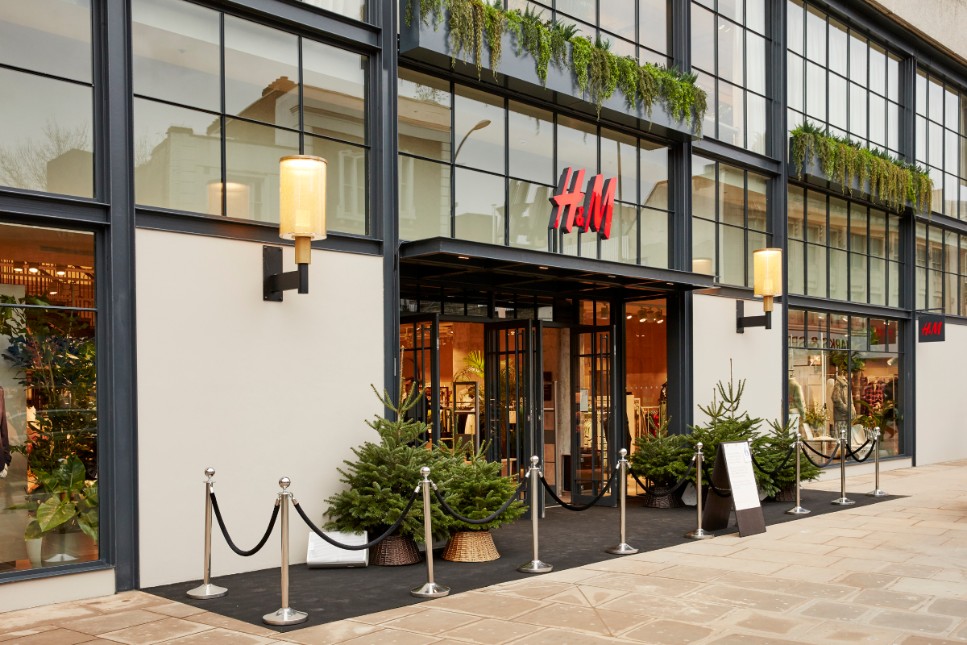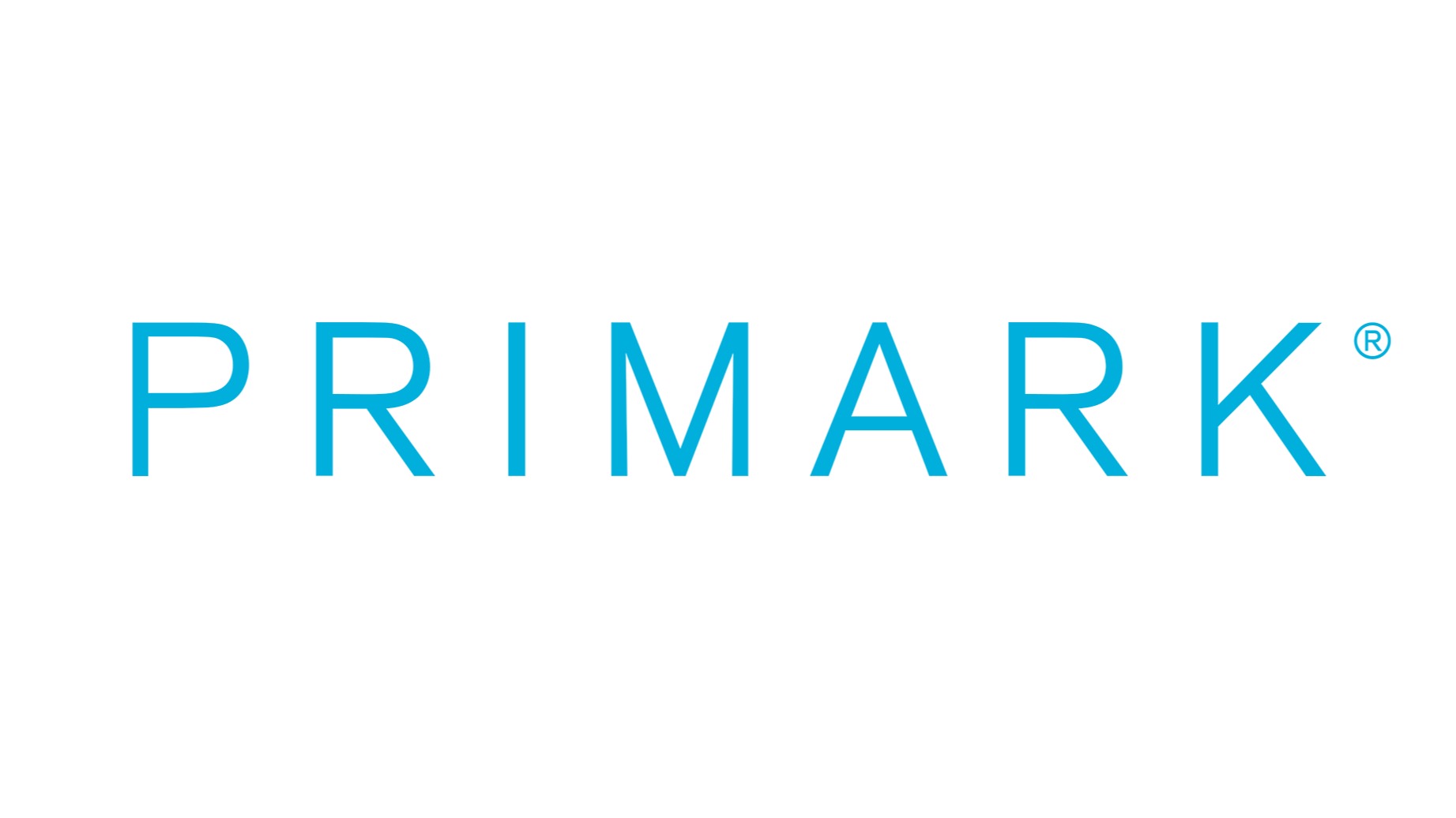The ethics of retailer supply chains has been called into question recently, with brands now rushing to implement technology that gives better visibility into how products are made, sourced and shipped.
The scandal that brought the issue into focus most recently was a report in July on Boohoo’s UK supply chain that had a significant impact on the company’s share price and reputation.
An investigation into factories in Leicester made allegations that the online fashion retailer’s suppliers had paid workers below the minimum wage and failed to take Coronavirus-safety measures.
The group, which also owns PrettyLittleThing and NastyGal, committed to an independent review of its supply chains, pledged £10 million to “eradicate malpractice” and terminated relationships with two suppliers found to be in breach of its code of conduct.
Next, ASOS and Amazon all removed Boohoo clothing from sale, with around £1.5 billion wiped off the brand’s market value in two days.
Earlier this month, ASOS asked all brands on its website to sign a Transparency Pledge, which maps out all parts of its UK textile supply chain. The pledge identifies risks within supply chains and commits suppliers to join the Fast Forward auditing programme before the end of the year.
Launched in 2016 by nine charities - including Human Rights Watch and the Clean Clothes Campaign - it commits brands to “regularly and publicly disclosing a list of manufacturing sites in their supply chain”.
ASOS chief executive Nick Beighton said: “We believe the four commitments we have set out this week are critical enablers to improving sourcing standards across the UK.”
From fast fashion to high fashion, there has been a realisation that improving sustainability can help reduce costs and improve brand loyalty.
Speaking at the virtual Decoded Future Digital event run by trends forecaster Stylus, Michael Beutler, director of sustainability operations at French luxury goods group Kering - owner of Yves Saint Lauren and Gucci - explained that the company is continuing to work on technology to reduce waste and improve efficiency.
“Part of it is anticipating consumer demand, which also brings in technology like AI for demand prediction – you can get a much more accurate picture of what to order from your supply chain, by following in real-time what consumers are buying and not buying,” he commented, adding that this can make a huge difference to the problem of over-production.
“We are facing a key pivotal time in our history, in terms of climate change and global issues – COVID-19 has been a reminder to us of how connected we are, and fashion can play a big role in trying to shape that future in a positive way,” added Beutler.
Just this week, luxury department store Selfridges launched a new sustainability initiative, Project Earth, which aims to help customers change the way people shop over the next five years.
It includes commitments in three key areas: ensuring materials used throughout the business come from certified, sustainable sources by 2025; pioneering new retail models and experiences - including repair, resell, refill and rental - and putting longevity, creativity and sustainability at the heart of the business.
Anne Pitcher, global managing director of Selfridges Group, stated: “In a way we never could have predicted, the cycle of consumption has been broken by the pandemic marking a moment of change in our customers to a more considered mindset and requiring us to set new expectations for retail.
“We firmly believe evolving the way we do business and supporting change in the way people shop is essential to building a more sustainable business – and the tough targets we have set ourselves underpin our commitment to change our business and our ambition to imagine and create a sustainable future for our customers.”
Hannah Abdulla, an apparel correspondent at GlobalData, said that one of the repercussions of the pandemic is that many businesses are scrutinising their supply chain resilience.
“Last-minute orders and smaller order volumes is the sort of thing they can look to expect as retailers aim to avoid drowning in excess inventory as has been the case in recent months,” she stated. “Sustainability is no longer a ‘nice-to-have’, it is now an essential part of business, for everyone, everywhere.”
Abdulla added that manufacturers will need to shout about the changes they are making in terms of sustainable production, whether that be using less water, sustainable finishes or use of preferred fibres.
On the consumer side, more attention is being paid to ethical concerns like modern slavery, human rights abuses and animal welfare.
Louisa Hosegood, digital and strategy director at Bis Henderson Consulting, said that there is now a much more explicit expectation that retailers accept ownership of and responsibility for the entire supply chain.
“The growing power of social media to come down hard on perceived lapses should not be underestimated – nor of course should the possibility of using social media to reinforce positive messages about responsible supply chains.”
There is a rising reaction against ‘fast fashion’ and other items intended for a short or even single-use life.
“Although this is partly bound in with environmental, resource, and social concerns, there are also demographic factors: the decline in home ownership, and rise in singleton households - the divorced, the elderly - are not just impacting the market for white and brown goods and home furnishings, but are making the ownership of large amounts of ‘stuff’ generally less attractive,” explained Hosegood.
She also predicted that demand will grow for goods to be repairable rather than replaceable, with developments in the leasing or rental of consumer durables, as an alternative to outright purchase.
“If they come to pass, these developments could radically alter the role of retailing in some sectors, and the shape and function of their supply and fulfilment chains – it may be that, for such retailers, the competitive edge, from a logistics point of view, will be found not so much in the initial fulfilment of a consumer purchase, but in the reverse leg of the supply chain – the ability to pull back not just returns, but leased or rented goods, and to refurbish, repurpose, resell or recycle.”
Recent research from the Capgemini Research Institute found that while consumer demand for sustainable practices is increasing, organisations are falling short in implementing these practices at scale and demonstrating their sustainability credentials to the public.
The survey showed that 82 per cent of UK shoppers have changed their purchase preferences based on social responsibility, inclusiveness, or environmental impact – for example, half of UK consumers have switched to lesser known brands if they are sustainable.
COVID-19 has increased consumer awareness and commitment to buying sustainably, with 67 per cent of consumers stating that they will be more cautious about the scarcity of natural resources due to the crisis.
In the UK, 60 per cent of executives said their consumers are very much aware of their sustainability initiatives, but more than half of consumers (54 per cent) do not have any information to verify the sustainability claims of products and 48 per cent of consumers do not trust product sustainability claims, according to Capgemini.
Nick Hoenig, a management consultant at Capgemini specialising in digital commerce, suggested that retailers need to set clear expectations of outcomes with their suppliers - what codes of conduct will be tolerable, and standardising these where possible.
"Secondly, retailers need clear evidential data to support compliance of these, and a capability to spot check," he explained, adding: "Alongside this, retailers need a good mechanism for resolution where things aren't right, in an open and meaningful way."
He mentioned PVH - owner of Tommy Hilfiger and Calvin Klein - as an example of this, recently acting to cut relationships with garment makers in Xinjiang due to concerns of the treatment of Uighurs forced into factory work.
As for how technology can help, Hoenig said that blockchain and supply chain control towers can use data to create a much better view of the integrity of products, what journey they've taken and who's been involved with them.
"For example, H&M product pages show where it was made, even with a link to google maps," he noted. "It is tools and approaches like these that will allow very different questions - like gender equality and carbon footprints - within the supply chain to be tackled in similar ways, meaning that retailers can quickly adapt to how the social debate changes over time."
A new report from PFS and LiveArea confirmed this, revealing that 44 per cent of respondents have not been made aware of corporate social responsibility initiatives or their impact by their preferred retailers – yet the same percentage said would like to know about them.
The study also showed that 64 per cent of UK and Irish consumers are now actively looking for ethical or sustainable features when making a purchase.
Almost 40 per cent of people surveyed said they would be willing to pay more to support online retailers’ corporate social responsibility initiatives – although when choosing between price and ethics, 54 per cent still purchase products based on cost.
Benoit Soucaret, creative director at LiveArea EMEA, commented: “Rather than view sustainability and ethics as a cost, brands should see these initiatives as an investment.
“One thing that is going to set companies apart moving forward, is the ability to balance sustainability and profitability – finding that balance will depend on businesses’ ability to be innovative.”
Latest News
-
Ocado to cut 1,000 jobs in £150m overhaul
-
Asda to rebrand 10 Asda Living stores into Georg
-
Aldi raises wages to become 'highest' paying supermarket
-
On opens robot-run South Korea factory to speed shoe production
-
Ikea pilots in‑store Decathlon as first UK third‑party ‘blue box’ scheme
-
Lidl raises a further £481,000 worth of micro donations for Childline
Beyond Channels: Redefining retail with Unified Commerce
This Retail Systems fireside chat with Nikki Baird, Vice President, Strategy & Product at Aptos will explore how unified commerce strategies enable retailers to tear down these barriers and unlock new levels of operational agility and customer satisfaction.
The future of self-checkout: Building a system that works for consumers and retailers
In this webinar, industry leaders discussed what the future of self-checkout looks like and how retailers can make the technology work for everyone.
© 2024 Perspective Publishing Privacy & Cookies










Recent Stories